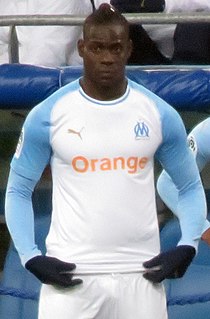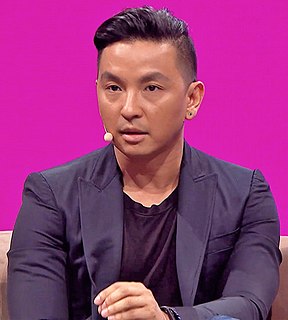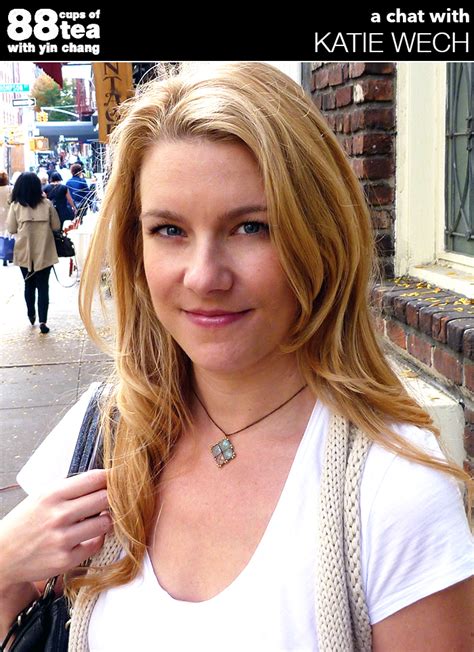A Quote by Ken Liu
Because my writing time has always been very limited, I try to be very choosy about which stories I work on. There are many ideas that would make interesting stories - too many - so it's important to be ruthless and say no to most of them.
Related Quotes
Some of the stories I admire seem to zero in on one particular time and place. There isn't a rule about this. But there's a tidy sense about many stories I read. In my own work, I tend to cover a lot of time and to jump back and forward in time, and sometimes the way I do this is not very straightforward.
I started writing the book without realizing I was writing a book. That sounds stupid, but it's true. I'd been trying and failing to make a different manuscript work, and I thought I was just taking a break by writing some short stories. I'm not a very good short story writer - the amazing compression that is required for short stories doesn't come easily to me. But anyway, I thought I'd try to write some short stories. And a structure took shape - I stumbled upon it.
When you're looking for stories or movies usually the great stories are about people in their 30s or 40s because they've lived more life and they're usually accomplishing more incredible things. But when there's an interesting story about someone that's your age, you immediately - especially when you're younger - are like, "Wow that's crazy! There's not very many of these."
I'm always intrigued by authors who say, 'This book took 17 drafts.' They're very clear about it. I couldn't possibly count the number of times... So many of these stories I worked on for a very long time and wrote them, set them aside, rewrote them, worked on something else - they were never far from reach; they informed each other.
My real purpose in telling middle-school students stories was to practice telling stories. And I practiced on the greatest model of storytelling we've got, which is "The Iliad" and "The Odyssey." I told those stories many, many times. And the way I would justify it to the head teacher if he came in or to any parents who complained was, look, I'm telling these great stories because they're part of our cultural heritage. I did believe that.
What I love about Neill's Blomkamp work is that his stories are small human stories. But what's interesting about Neill's movies is that they're set in the future but they're so incredibly timely that it feels like maybe in the present in the next dimension. It feels like it's happening now. The universe is very recognizable, in many ways.
I continued for too long to do things that I already knew how to do, or to write stories that I was assigned instead of fighting for stories that I couldn't get, or doing ones that I thought were important on my own. The wasting of time is the thing I worry about the most. Because time is all there is.
It's impossible to say a thing exactly the way it was, because of what you say can never be exact, you always have to leave something out, there are too many parts, sides, crosscurrents, nuances; too many gestures, which could mean this or that, too many shapes which can never be fully described, too many flavors, in the air or on the tongue, half-colors, too many.
My greatest strength as a writer is that I'm a storyteller. But, it was a long, hard struggle for me to make the transition from verbally telling stories to writing them. You'll note I don't dwell on descriptions in my writing, because I'm far more interested in telling the story. There are many better writers in this world, but you'd be hard pressed to find anyone more passionate about stories than I am.
I regret that there aren't more short stories in other magazines. But in a certain way, I think the disappearance of the short-story template from everyone's head can be freeing. Partly because there's no mass market for stories, the form is up for grabs. It can be many, many things. So the anthology is very much intended for students, but I think we're all in the position of writing students now. Very few people are going around with a day-to-day engagement with the short story.






































